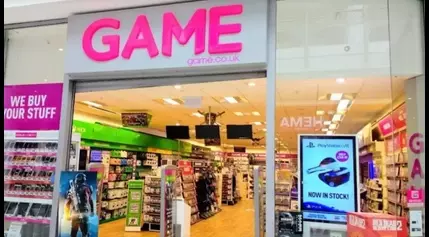Unilever's Food Brand Sale: A Strategic Restructuring
Unilever's Earlier Announced Plans
Schumacher did not disclose specific brands that will be sold as part of this initiative. However, sources have indicated that Unilever is exploring the sale of some of its Dutch food brands like Unox soups and Conimex seasonings. Additionally, the company is also trying to sell smaller food brands in Britain and other European countries. This move reflects Unilever's determination to optimize its business and allocate resources more effectively.Over the past year, Unilever has been actively recalibrating its operations. By focusing on marketing its top 30 “power” brands and streamlining its business, particularly in Europe, the company aims to enhance its competitiveness and drive growth. In March, Unilever took a major step by spinning off its ice cream unit, which houses popular brands such as Magnum and Ben & Jerry’s. This move allows Unilever to concentrate on its core food business and leverage its strengths in other areas.
Schumacher has set his sights on slimming down the “rather eclectic portfolio of food brands.” He emphasizes the importance of focusing on sauces, condiments, and products for restaurants and professional kitchens. This strategic shift will enable Unilever to better serve its target markets and meet the evolving needs of consumers.
Not Every Brand Will Be Sold
Schumacher clarifies that not every brand that does not fit the new strategic focus will be sold. He emphasizes that Unilever is not conducting a fire sale and will retain brands that may not be a perfect strategic fit but still contribute to the company's overall portfolio.This approach shows Unilever's commitment to a balanced and sustainable business strategy. By carefully evaluating each brand and its potential, the company can make informed decisions about which ones to keep and which ones to sell. This ensures that Unilever continues to have a diverse portfolio while also focusing on its core strengths.
Unilever's decision to sell food brands is part of a broader trend in the industry. Many companies are realizing the importance of focusing on their core competencies and divesting non-core assets. By doing so, they can improve their financial performance and better position themselves for future growth. Unilever's move is a testament to its ability to adapt to changing market conditions and stay ahead of the competition.




















